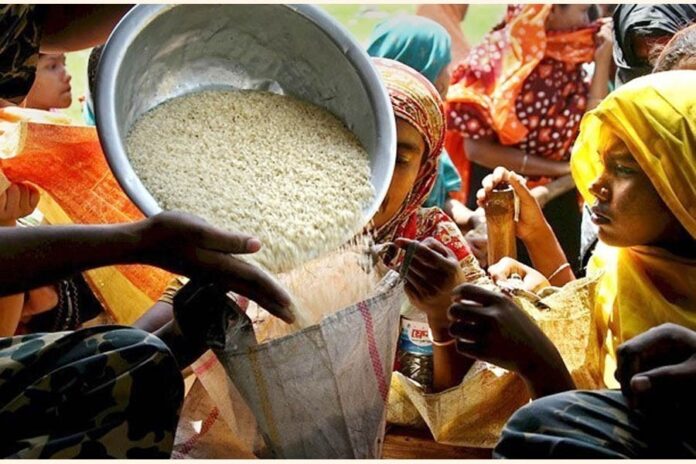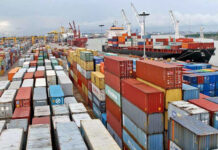Six leading local trade bodies have urged the government to strongly pursue the extension of the Black Sea Grain Initiative (BSGI) agreement for further terms for the sake of global food security.
“Bangladesh businesses are concerned about the growing risk that Bangladesh and other countries would face if the BSGI is not renewed after its expiry on 17 July 2023,” said a joint statement issued on Tuesday.
Signatories to the statement are the International Chamber of Commerce, Bangladesh (ICC-B) president Mahbubur Rahman, Federation of Bangladesh Chambers of Commerce and Industry (FBCCI) president Md Jashim Uddin, International Chamber of Commerce, Bangladesh (ICC-B) president Mahbubur Rahman, Dhaka Chamber of Commerce and Industry (DCCI) president Md Sameer Sattar, Metropolitan Chamber of Commerce and Industry, Dhaka (MCCI) president Md Saiful Islam, Chattogram Chamber of Commerce and Industry (CCCI) president Mahbubul Alam, and Foreign Investors Chamber of Commerce and Industry (FICCI) president Naser Ezaz Bijoy.
The BSGI has facilitated, to date, more than 32 million tonnes of foodstuff to be exported from three Ukrainian ports to 45 countries across three continents – with the proportion of wheat exported through the Black Sea to least-developed economies remaining largely unchanged from pre-war levels, reads the statement.
“As a direct result of this trade through the Black Sea, as well as exports of food and fertiliser from the Russian Federation, the Food and Agriculture Organisation reports that global food prices have dropped by 22 percent since March 2022.”
Crucially, the World Food Programme is once again procuring wheat from Ukraine at the same volume as in 2021, purchasing nearly 700,000 tonnes through the BSGI to support humanitarian operations in Afghanistan, Ethiopia, Kenya, Somalia, Sudan, and Yemen.
Continued facilitation of Ukrainian and Russian exports of food and fertiliser thus remains crucial to global food security, citing the trade leaders in the statement.By extension, any lapse in the BSGI risks severely jeopardising the availability and affordability of food for millions around the world: a situation that will have truly damaging social, economic, and, above all, humanitarian consequences, they stated.




